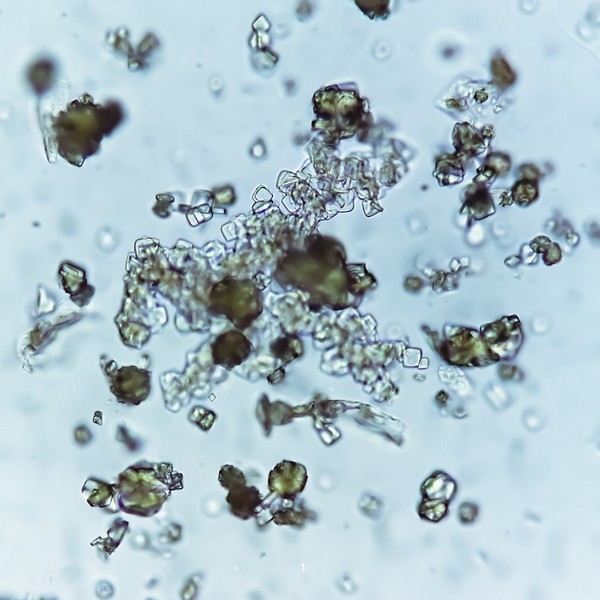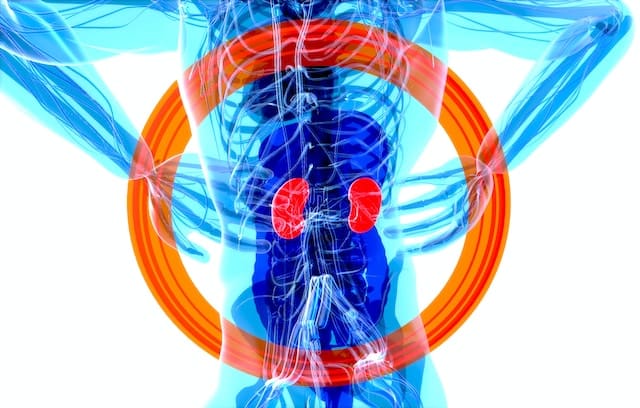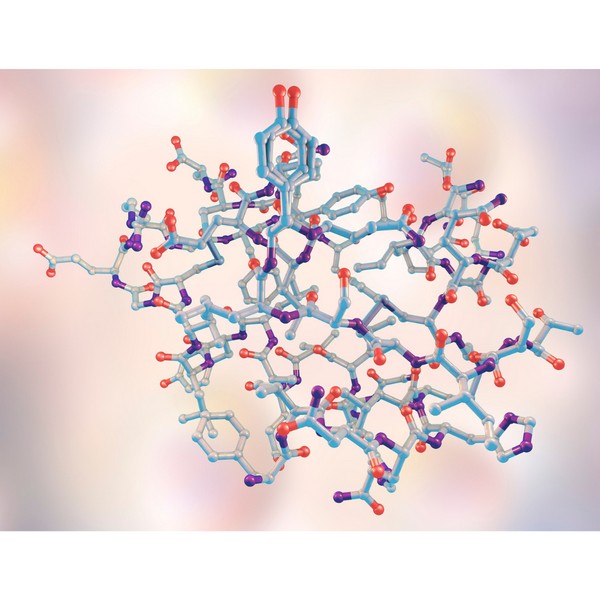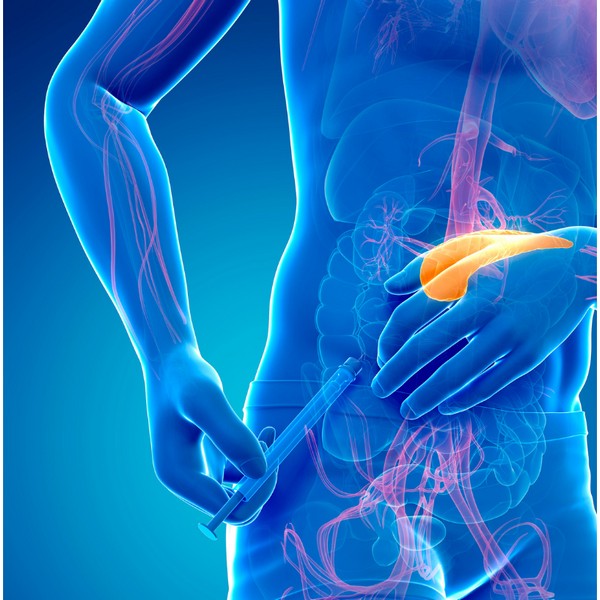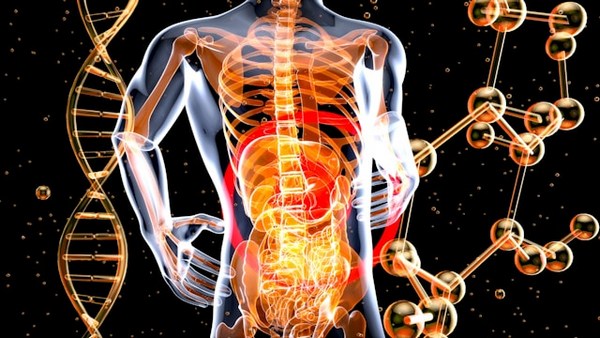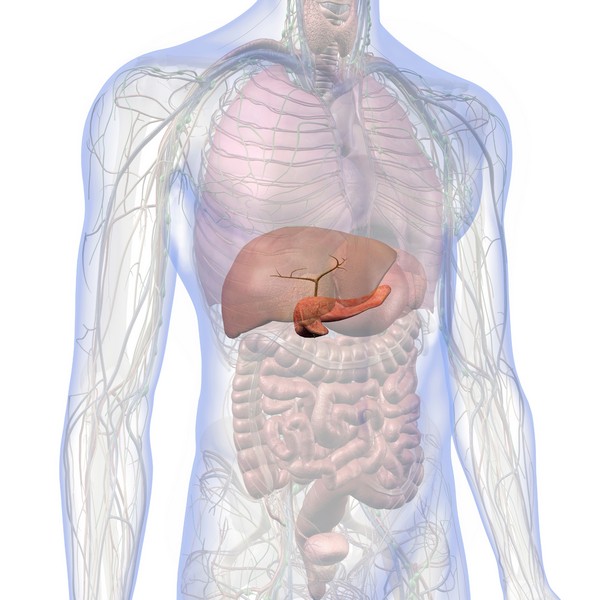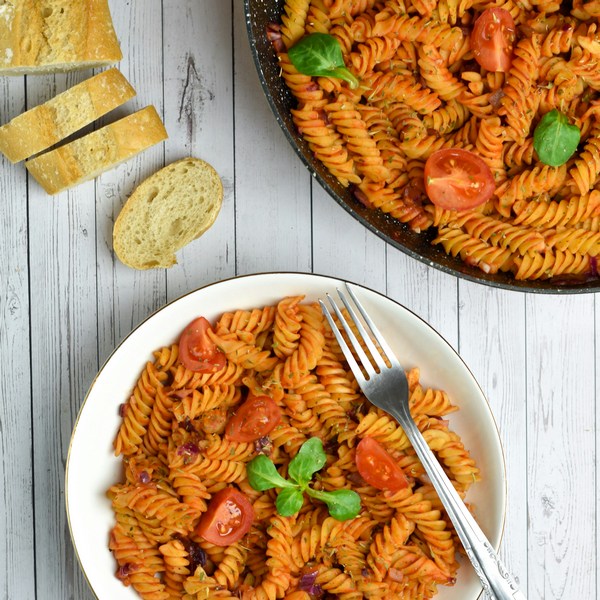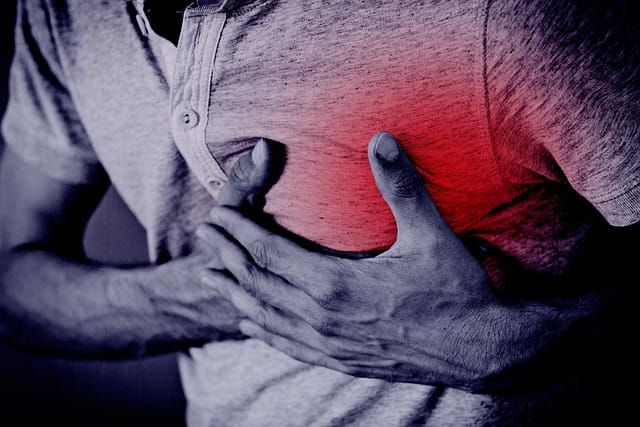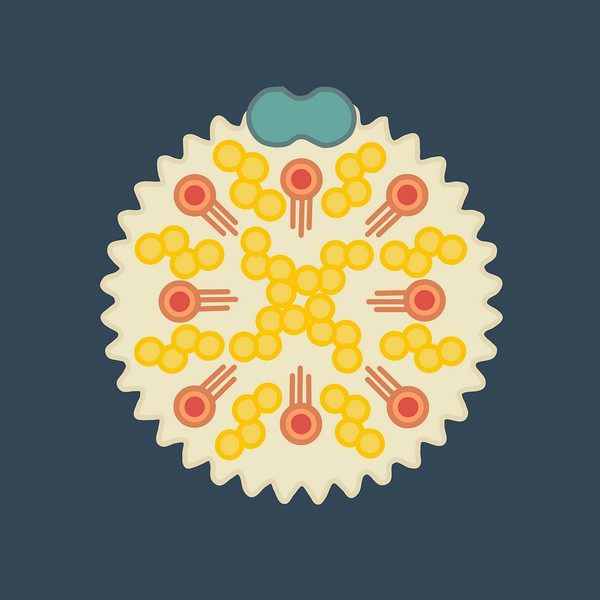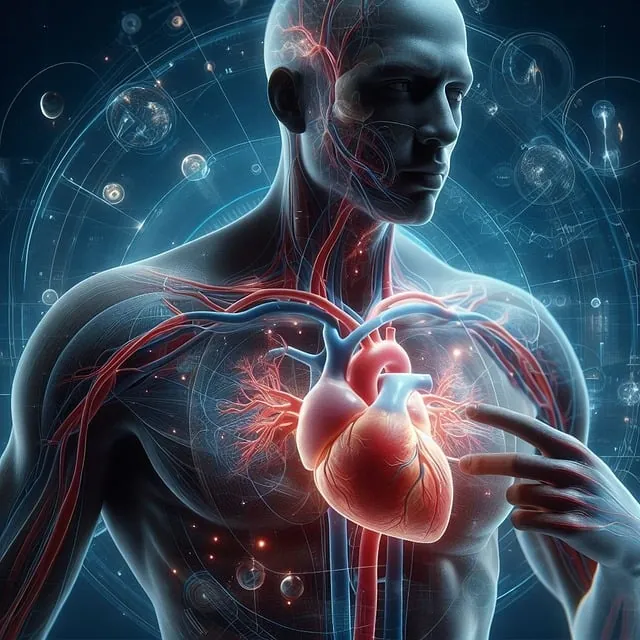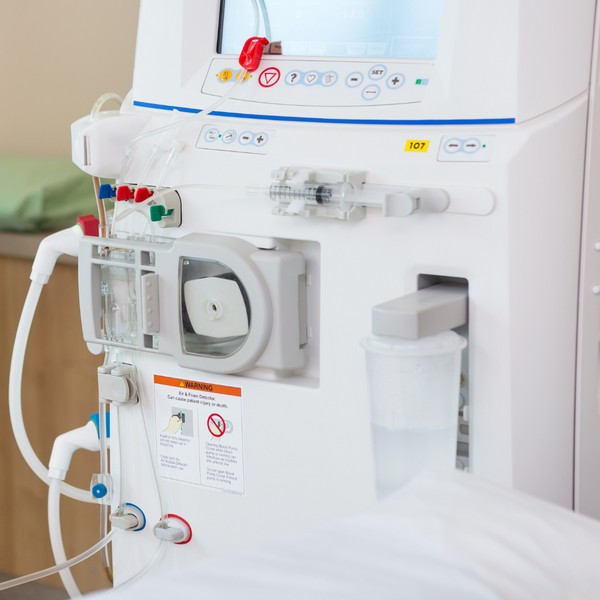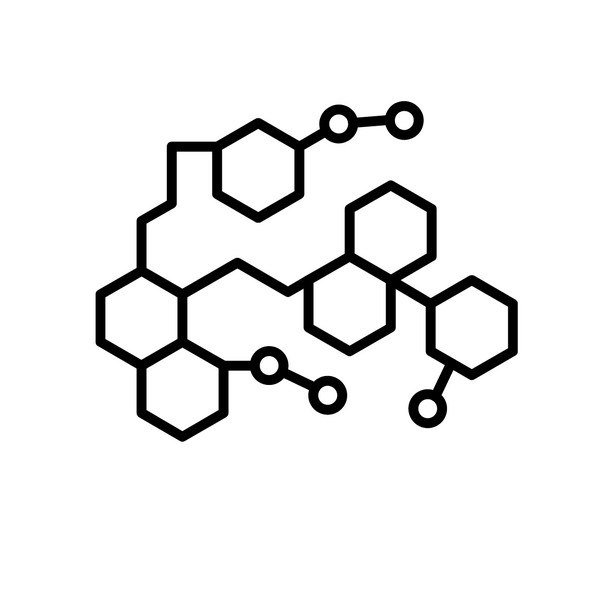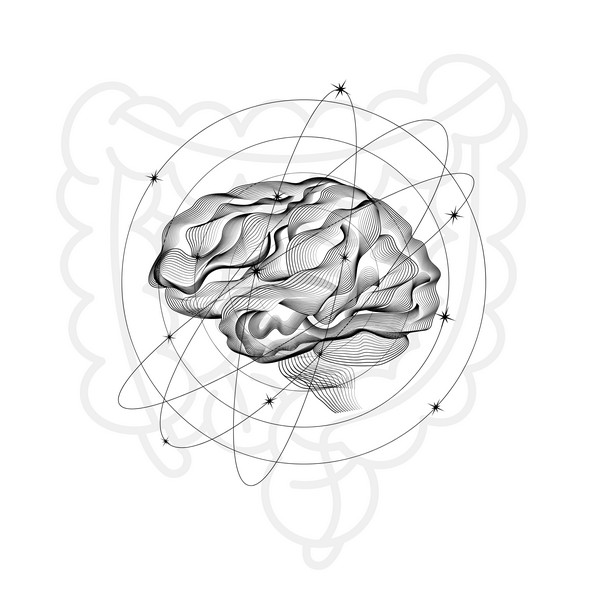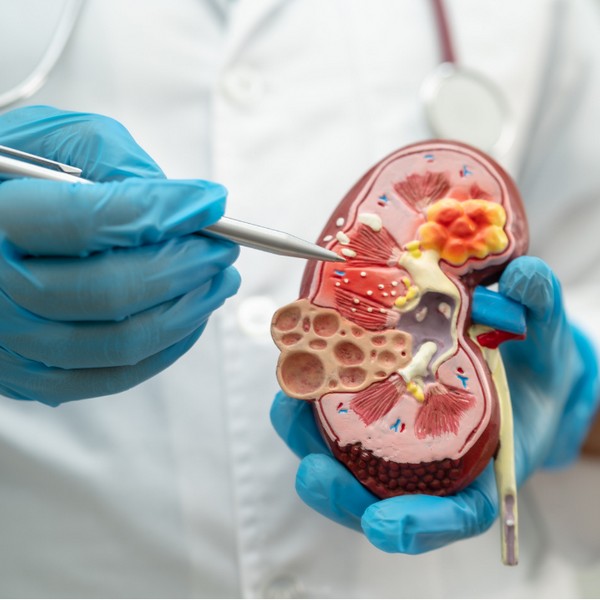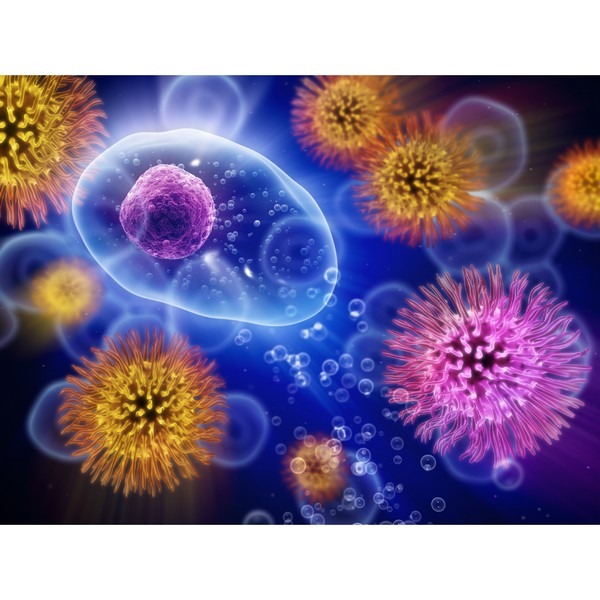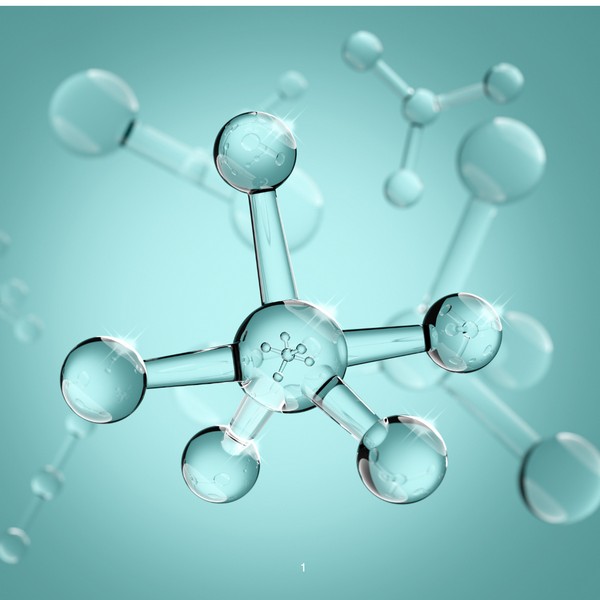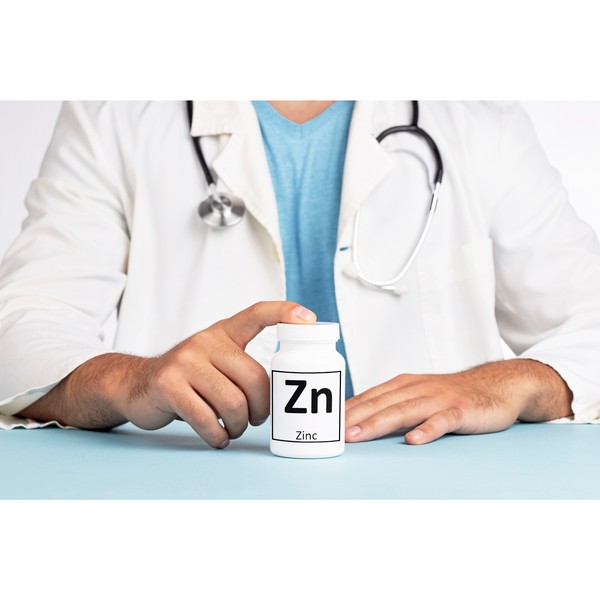Key Takeaways
- Ultra-processed foods and high carbohydrate intake worsen inflammation, harming kidney function.
- Iron overload leads to oxidative stress, which accelerates CKD progression.
- Copper is needed to regulate iron metabolism and reduce oxidative damage in the kidneys.
- Ceruloplasmin, a copper-dependent enzyme, supports kidney health by managing iron levels.
- Balancing copper and iron intake supports better outcomes for those with CKD.
Introduction
Chronic Kidney Disease (CKD) is a progressive condition characterized by a gradual loss of kidney function over time.
Factors such as iron overload, poor dietary choices, and inflammation can speed up CKD’s progression, making proper nutrient management essential for preserving kidney health.
What is Chronic Kidney Disease (CKD)?

Defining CKD: A Progressive Condition
Chronic Kidney Disease occurs when the kidneys lose their ability to filter waste from the blood effectively.
This decline is often slow but leads to severe complications if left untreated.
Understanding the Stages of CKD
CKD is divided into five stages, with each stage representing a different level of kidney function.
The final stage, often referred to as end-stage kidney disease (ESKD), requires dialysis or a kidney transplant.
Diet & CKD Progression
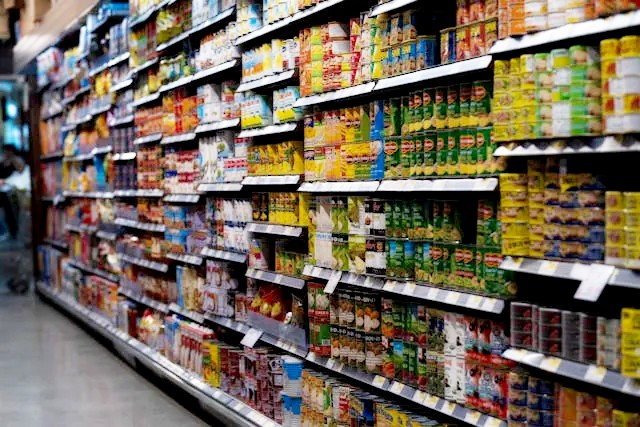
Impact of Carbohydrates on Inflammation
High carbohydrate intake is linked to increased inflammation in the body, which contributes to kidney damage over time.
Processed sugars and refined grains in particular exacerbate inflammatory responses, making kidney function decline faster.
Ultra-Processed Foods and Kidney Health
Ultra-processed foods are high in unhealthy fats, sugars, and additives, which fuel chronic inflammation.
Frequent consumption of these foods puts additional stress on the kidneys and can accelerate CKD progression.
Iron Overload and CKD
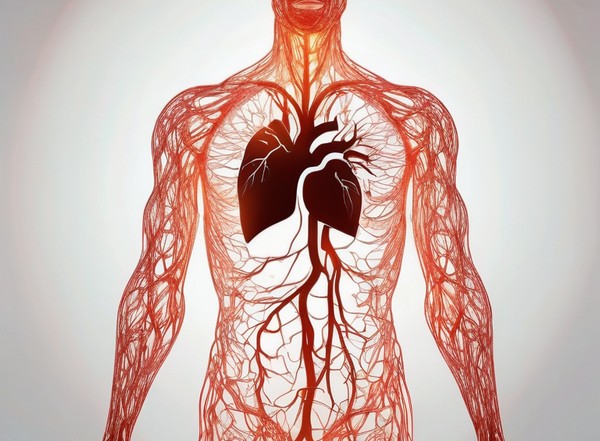
How Iron Affects the Kidneys
Iron overload occurs when there is too much iron in the body, leading to toxic effects on organs, including the kidneys.
Excess iron accelerates the production of free radicals, which damage kidney tissues and worsen CKD.
The Role of Oxidative Stress in CKD
Oxidative stress is a key factor in kidney damage. Free radicals, generated by excess iron, attack kidney cells, leading to further dysfunction and inflammation.
Managing iron levels is critical to reducing oxidative stress in CKD patients.
Copper’s Importance in CKD Management
Copper’s Role in Iron Regulation
Copper is essential for regulating iron in the body. It activates ceruloplasmin, a key enzyme that helps transport iron and prevent its toxic buildup in the body.
Maintaining adequate copper levels can reduce iron-induced oxidative damage in the kidneys.
Ceruloplasmin and Its Role in Kidney Health
Ceruloplasmin is a copper-dependent protein that plays a crucial role in iron metabolism. It helps bind iron, reducing its harmful effects.
In CKD patients, supporting ceruloplasmin activity can lead to better kidney health by lowering iron toxicity.
Preventing CKD Progression Through Nutrition

Nutrient-Dense Foods That Support Kidney Function
Foods rich in bioavailable nutrients, particularly animal-based proteins, help maintain kidney health.
Prioritizing high-quality red meat, eggs, and organ meats ensures that the body receives essential complete protein, healthy fat, vitamins and minerals that support kidney function.
Balancing Copper and Iron Intake for Kidney Health
Ensuring a balance between copper and iron intake is essential for those with CKD. Copper helps regulate iron, preventing overload.
A focus on copper-rich foods like liver, shellfish, and dark leafy greens can help maintain this balance.
Conclusion
Chronic Kidney Disease requires careful attention to nutrition and the balance of essential minerals. Copper, iron, and diet are all significant factors in managing and potentially slowing the progression of CKD. Reducing inflammation through nutrient-dense foods and limiting ultra-processed products can lead to better outcomes for those affected by the condition.
FAQ
How do ultra-processed foods affect kidney health?
Ultra-processed foods contribute to inflammation and oxidative stress, leading to accelerated kidney damage.
Why is copper important for kidney health?
Copper regulates iron metabolism, preventing toxic iron buildup and protecting the kidneys from oxidative damage.
How does iron overload contribute to CKD?
Iron overload causes oxidative stress, damaging kidney tissues and speeding up CKD progression.
What dietary changes can help slow CKD progression?
Focus on nutrient-dense animal foods, avoid ultra-processed products, and maintain a balance between copper and iron intake.
Can reducing carbohydrate intake help with CKD?
Lowering carbohydrate intake helps reduce inflammation, which can protect kidney function.
Research
Agarwal, R., Vasavada, N., Sachs, N.G. & Chase, S. (2004). Oxidative stress and renal injury with intravenous iron in patients with chronic kidney disease. Kidney International, 65(6), pp.2279–2289. https://doi.org/10.1111/j.1523-1755.2004.00648.x
Avesani, C.M., Cuppari, L., Nerbass, F.B., Lindholm, B. & Stenvinkel, P. (2023). Ultraprocessed foods and chronic kidney disease—double trouble. Clinical Kidney Journal, 16(11), pp.1723–1736. https://doi.org/10.1093/ckj/sfad103
Banegas, J.R. (2023). Ultra-Processed Food Consumption is Associated with Renal Function Decline in Older Adults: A Prospective Cohort Study. Nutrients, 13(2), 428. https://doi.org/10.3390/nu13020428
Basturk, T. & Unsal, A. (2011). WHAT IS THE FREQUENCY OF CARBOHYDRATE METABOLISM DISORDER IN CKD? Journal of Renal Care, 38(1), pp.15–21. https://doi.org/10.1111/j.1755-6686.2011.00246.x
Cai, Q., Duan, M.-J., Dekker, L.H., Carrero, J.J., Avesani, C.M., Bakker, S.J., de Borst, M.H. & Navis, G.J. (2022). Ultraprocessed food consumption and kidney function decline in a population-based cohort in the Netherlands. The American Journal of Clinical Nutrition, 116(1), pp.263–273. https://doi.org/10.1093/ajcn/nqac073
Cai, Q., Duan, M., Dekker, L.H., Bakker, S.J., De Borst, M. & Navis, G. (2021). FC 081 ULTRA-PROCESSED FOOD CONSUMPTION AND RISK OF INCIDENT CHRONIC KIDNEY DISEASE: THE LIFELINES COHORT. Nephrology Dialysis Transplantation, 36(Supplement_1). https://doi.org/10.1093/ndt/gfab139.001
Du, S., Kim, H., Crews, D.C., White, K. & Rebholz, C.M. (2022). Association Between Ultraprocessed Food Consumption and Risk of Incident CKD: A Prospective Cohort Study. American Journal of Kidney Diseases, 80(5), pp.589-598.e1. https://doi.org/10.1053/j.ajkd.2022.03.016
Erdemli, Z., Gul, M., Kayhan, E., Gokturk, N., Bag, H.G. & Erdemli, M.E. (2024). High-Fat and Carbohydrate Diet Caused Chronic Kidney Damage by Disrupting Kidney Function, Caspase-3, Oxidative Stress and Inflammation. Prostaglandins & Other Lipid Mediators, 172, p.106822. https://doi.org/10.1016/j.prostaglandins.2024.106822
Fishbane, S., Kalantar‐Zadeh, K. & Nissenson, A.R. (2004). Serum Ferritin in Chronic Kidney Disease: Reconsidering the Upper Limit for Iron Treatment. Seminars in Dialysis, 17(5), pp.336–341. https://doi.org/10.1111/j.0894-0959.2004.17359.x
Friedman, A.N., Ogden, L.G., Foster, G.D., Klein, S., Stein, R., Miller, B., Hill, J.O., Brill, C., Bailer, B., Rosenbaum, D.R. & Wyatt, H.R. (2012). Comparative Effects of Low-Carbohydrate High-Protein Versus Low-Fat Diets on the Kidney. Clinical Journal of the American Society of Nephrology, 7(7), pp.1103–1111. https://doi.org/10.2215/cjn.11741111
Ganz, T. & Nemeth, E. (2016). Iron Balance and the Role of Hepcidin in Chronic Kidney Disease. Seminars in Nephrology, 36(2), pp.87–93. https://doi.org/10.1016/j.semnephrol.2016.02.001
Gaweda, A.E. (2017). Markers of iron status in chronic kidney disease. Hemodialysis International, 21(S1). https://doi.org/10.1111/hdi.12556
Gersch, M. S., Mu, W., Cirillo, P., Reungjui, S., Zhang, L., Roncal, C., Sautin, Y. Y., Johnson, R. J., & Nakagawa, T. (2007). Fructose, but not dextrose, accelerates the progression of chronic kidney disease. American Journal of Physiology-Renal Physiology.
https://doi.org/F-00181-2007
Gu, Y., Li, H., Ma, H., Zhang, S., Meng, G., Zhang, Q., Liu, L., Wu, H., Zhang, T., Wang, X., Zhang, J., Sun, S., Wang, X., Zhou, M., Jia, Q., Song, K., Liu, Q., Huang, T., Borné, Y., Wang, Y., Qi, L. & Niu, K. (2023). Consumption of Ultraprocessed Food and Development of Chronic Kidney Disease: The Tianjin Chronic Low-Grade Systemic Inflammation and Health and UK Biobank Cohort Studies. The American Journal of Clinical Nutrition, 117(2), pp.373–382. https://doi.org/10.1016/j.ajcnut.2022.11.005
He, X., Zhang, X., Si, C., Feng, Y., Zhu, Q., Li, S., & Shu, L. (2024). Ultra-processed food consumption and chronic kidney disease risk: A systematic review and dose–response meta-analysis. Frontiers in Nutrition, 11, 1359229.
https://doi.org/10.3389/fnut.2024.1359229
Jardim, M.Z., Costa, B.V. de L., Pessoa, M.C. & Duarte, C.K. (2021). Ultra-Processed Foods Increase Noncommunicable Chronic Disease Risk. Nutrition Research, 95, pp.19–34. https://doi.org/10.1016/j.nutres.2021.08.006
Juraschek, S.P., Appel, L.J., Anderson, C.A. & Miller, E.R. (2013). Effect of a High-Protein Diet on Kidney Function in Healthy Adults: Results From the OmniHeart Trial. American Journal of Kidney Diseases, 61(4), 547-554. https://doi.org/10.1053/j.ajkd.2012.10.017
Javier, V., Jesús, D., & Francisco, J. The Burden of Carbohydrates in Health and Disease. Nutrients, 14(18), 3809.
https://doi.org/10.3390/nu14183809
Kaburagi, T., Kanaki, K., Otsuka, Y. & Hino, R. (2019). Low-Carbohydrate Diet Inhibits Different Advanced Glycation End Products in Kidney Depending on Lipid Composition but Causes Adverse Morphological Changes in a Non-Obese Model Mice. Nutrients, 11(11), p.2801. https://doi.org/10.3390/nu11112801
Kalantar-Zadeh, K., Jafar, T.H., Nitsch, D., Neuen, B.L. & Perkovic, V. (2021). Chronic Kidney Disease. The Lancet, 398(10302), pp.786–802. https://doi.org/10.1016/s0140-6736(21)00519-5
Kleinknecht, C., Laouari, D., Hinglais, N., Habib, R., Dodu, C., Lacour, B., Broyer, M., Nalbandian, W.T.A.O.E. & Lacoste, M. (1986). Role of Amount and Nature of Carbohydrates in the Course of Experimental Renal Failure. Kidney International, 30(5), 687-693. https://doi.org/10.1038/ki.1986.241
Kim, H., Lee, H., Kwon, S.H., Jeon, J.S., Noh, H., Han, D.C. & Kim, H. (2021). Relationship Between Carbohydrate-to-Fat Intake Ratio and the Development of Chronic Kidney Disease: A Community-Based Prospective Cohort Study. Clinical Nutrition, 40(10), pp.5346–5354. https://doi.org/10.1016/j.clnu.2021.09.001
Kityo, A. & Lee, S.-A. (2022). The Intake of Ultra-Processed Foods and Prevalence of Chronic Kidney Disease: The Health Examinees Study. Nutrients, 14(17), p.3548. https://doi.org/10.3390/nu14173548
Lima, T.G., Benevides, F.L.N., Esmeraldo Filho, F.L., Farias, I.S., Dourado, D.X.C., Fontenele, E.G.P., Moraes, M.E.A. & Quidute, A.R.P. (2019). Treatment of Iron Overload Syndrome: A General Review. Rev Assoc Med Bras (1992), 65(9), 1216-1222. https://doi.org/10.1590/1806-9282.65.9.1216
Liu, M., Yang, S., Ye, Z., Zhang, Y., Zhang, Y., He, P., Zhou, C.,
Li, J. & Ding, J. (2023). Dietary Carbohydrate Intake and Risk of Incident Chronic Kidney Disease in a Chinese Population. Nutrients, 15(1), p.137. https://doi.org/10.3390/nu150100137
Nair, V., Li, X., Weiss, C., Zelnick, L., Hou, F., Clevenger, B., Obeid, A., He, J., Wood, C., Sharma, S., Ellis, B., Dey, N., Mehrotra, R., Cizman, B. & Garonzik-Wang, J.M. (2022). Association Between Carbohydrate Intake and the Risk of Chronic Kidney Disease: A Retrospective Cohort Study. American Journal of Kidney Diseases, 79(1), pp.58–65. https://doi.org/10.1053/j.ajkd.2021.05.013
Nguyen, D., Hoang, P. & Phan, H. (2017). High Carbohydrate Diet Promotes Chronic Kidney Disease Progression by Affecting the Metabolic Pathways. Kidney International Supplements, 7(1), pp.32–37. https://doi.org/10.1016/j.kisu.2017.01.001
Peyton, S.C. & Spiegelman, D. (2022). Dietary Carbohydrate Intake and Incidence of Chronic Kidney Disease: A Prospective Study. Journal of Renal Nutrition, 32(1), pp.33–43. https://doi.org/10.1053/j.jrn.2021.08.002
Ren, Q., Zhou, Y., Luo, H., Chen, G., Han, Y., Zheng, K., Qin, Y. & Li, X. (2023). Associations of Low-Carbohydrate with Mortality in Chronic Kidney Disease. Renal Failure, 45(1). https://doi.org/10.1080/0886022x.2023.2202284
Smith, A. & Walker, M. (2023). High-Fat Diet and Risk of Chronic Kidney Disease: A Longitudinal Study. Nutrition, 99, pp.1-8. https://doi.org/10.1016/j.nut.2022.111088
Wish, J.B., Aronoff, G.R., Bacon, B.R., Brugnara, C., Eckardt, K.-U., Ganz, T., Macdougall, I.C., Núñez, J., Perahia, A.J. and Wood, J.C., 2018. Positive Iron Balance in Chronic Kidney Disease: How Much is Too Much and How to Tell? American Journal of Nephrology, [online] 47(2), pp.72–83.
https://doi.org/10.1159/000486968.
Zainordin, N.A., Eddy Warman, N.A., Mohamad, A.F., Abu Yazid, F.A., Ismail, N.H., Chen, X.W., Koshy, M., Abdul Rahman, T.H., Mohd Ismail, N. & Abdul Ghani, R. (2021). Safety and Efficacy of Very Low Carbohydrate Diet in Patients with Diabetic Kidney Disease—A Randomized Controlled Trial. PLOS ONE, 16(10), p.e0258507. https://doi.org/10.1371/journal.pone.0258507
Iron Overload: Symptoms & Prevention Tips
Key Takeaways: Iron overload happens when the body absorbs excessive iron, which can damage organs. Common symptoms include fatigue, joint pain, and skin changes. Early…
Inflammation: Causes & Effects
Key Takeaways Inflammation is the body’s response to injury or infection, but chronic inflammation can lead to health problems. Iron overload from artificial sources and…
Uric Acid: Effects & Management
Key Takeaways Uric acid plays a central role in metabolic health and oxidative stress regulation. Elevated uric acid levels are linked to gout, metabolic syndrome,…
Alcohol and Its Effects
Key Takeaways Alcohol is metabolized primarily in the liver, producing acetaldehyde, a toxic byproduct. Chronic alcohol consumption leads to liver damage, including fatty liver, hepatitis,…
7 Remedies for Kidney Stones: A Comprehensive Guide
Key Takeaways Staying well-hydrated and adopting a balanced diet can help prevent kidney stones. Knowing the causes of kidney stones can inform effective prevention strategies….
Travel Hygiene Tips: Stay Fresh on the Go
Key Highlights Key practices include frequent handwashing, showering, and oral care. Packing a portable hygiene kit can help you stay fresh on the go. Advanced…
Is Eating Sugar Really That Bad For Your Health?
Should You Really Be Concerned? In short, YES! Thank you, that’s all folks, and do have a good evening. Seriously though, extensive research has established…
Alzheimer’s Disease: Symptoms, Causes, Treatment
Key Takeaways Alzheimer’s disease is a progressive neurodegenerative disorder affecting memory, thinking, and behavior. Oxidative stress, including from excess iron, plays a significant role in…
7 Simple Tips for Lowering Blood Pressure Naturally
Maintaining healthy blood pressure levels is essential for overall well-being, as high blood pressure can lead to serious health complications. However, it is possible to…
Boost Insulin Sensitivity Naturally
Quit Sugar for 14 Days: What Happens to Your Body?
Key Takeaways: Immediate Health Benefits of Reducing Sugar: In just two weeks, enjoy enhanced energy levels, weight loss, a reduced risk of chronic diseases, and…
Insulin Resistance: What It Is & How to Manage It
Key Takeaways Insulin resistance leads to high blood sugar when cells stop responding to insulin. Often connected to obesity, poor diet, and physical inactivity. Symptoms…
Diabetes: Everything You Need to Know
SIBO Bloating: Causes, Diet, & Management Tips
Key Takeaways SIBO disrupts gut bacteria balance, causing bloating, pain, and nutrient absorption issues. Symptoms include bloating, abdominal pain, diarrhea, constipation, weight loss, and fatigue….
Non-Alcoholic Fatty Liver Disease (NAFLD)
Key Takeaways NAFLD involves fat buildup in the liver not caused by alcohol. Commonly associated with obesity, insulin resistance, and metabolic syndrome. NAFLD can lead…
Metabolic Syndrome: Managing This Health Risk
Key Takeaways Metabolic syndrome is a cluster of conditions increasing the risk of heart disease, stroke, and diabetes. Symptoms include high blood pressure, high blood…
Metabolic Health: What It Means and How to Improve It
Key Takeaways Metabolic health reflects how well your body processes energy and maintains stable blood sugar, cholesterol, and blood pressure. Key indicators of metabolic health…
Coping with Pet Allergies: Tips & Advice
Key Highlights Pet allergies often cause sneezing, coughing, itchy eyes, and skin rash. Pet allergens are in the saliva, urine, and dander of furry animals….
How to Lower Triglycerides Fast: Natural Solutions
Key Highlights Triglycerides, a type of fat found in the blood, are essential indicators of metabolic health. Elevated triglyceride levels increase the risk of heart…
Signs of Diabetes: Recognizing the Red Flags
Key Takeaways Increased Thirst and Urination: High blood sugar leads to dehydration, causing excessive thirst and frequent urination. Unexplained Weight Loss: Diabetes can cause the…
Proteolytic Enzymes and Heart Health: What the Research Shows
Your heart works tirelessly to pump blood throughout your body, delivering essential nutrients and oxygen to your cells. However, factors like poor diet, stress, and…
Vegetable Oil: Health Risks You Might Not Know
Key Takeaways: Omega-6 fats from vegetable oils cause oxidative stress and inflammation. Reducing omega-6 intake and using stable fats can lower health risks. High triglycerides…
Triglycerides: Levels & Range Explained
Key Highlights Triglycerides are the most common form of fat in the body play a role in energy storage High levels of triglycerides can increase…
Parkinson’s Disease : Symptoms, Causes & Treatment
Key Takeaways Parkinson’s disease is a progressive neurological disorder that affects movement and coordination. Oxidative stress and excess iron are significant factors in the progression…
Remnant Cholesterol (RC): Its Origins & Impact
Key Takeaways Remnant cholesterol (RC) is the cholesterol content left in the blood after triglycerides are removed from VLDL and IDL particles. RC is a…
Postbiotics: What They Are and Why They Are Important
Key Takeaways Postbiotics 101: They’re beneficial by-products from probiotics that consume prebiotics Boosts Immunity: Postbiotics sharpen your immune system, helping fight off pathogens and reducing…
Atherosclerosis Prevention Strategies: Insights from Scientific Research
Key Takeaways Atherosclerosis is the hardening and narrowing of arteries caused by plaque buildup. Chronic inflammation and oxidative stress contribute to the development of plaque….
Dialysis: Benefits & Challenges
Key Takeaways Dialysis removes waste and excess fluid from the blood when kidneys cannot function. Two main types: hemodialysis (machine-based) and peritoneal dialysis (abdomen-based). Dialysis…
L-Glutamine and Gut Health: Benefits and Side Effects
Key Takeaways L-Glutamine is essential for gut health. Benefits include improved digestion and reduced inflammation. Potential side effects are rare but can occur in high…
Allergy-Friendly Pets
Key Highlights Hypoallergenic pets are great for people with pet allergies, as they produce fewer allergens like dander, saliva, and proteins that can trigger symptoms….
High Homocysteine: How to Manage Levels
Key Takeaways: Elevated homocysteine can raise the risk of heart disease and other health problems. Animal-based foods high in B vitamins help reduce homocysteine levels….
Supporting Mental Health with Gut Health
Key Takeaways Gut-Brain Connection: Gut health is directly linked to mental wellbeing through the gut-brain axis. Probiotics: Beneficial bacteria that help regulate mood and support…
Chronic Kidney Disease (CKD): Causes & Treatment
Key Takeaways Ultra-processed foods and high carbohydrate intake worsen inflammation, harming kidney function. Iron overload leads to oxidative stress, which accelerates CKD progression. Copper is…
Histamine: What You Should Know
Key Takeaways Histamine’s Role: Vital in immune responses, digestion, and as a neurotransmitter in the central nervous system. Histamine Production: Produced in mast cells and…


